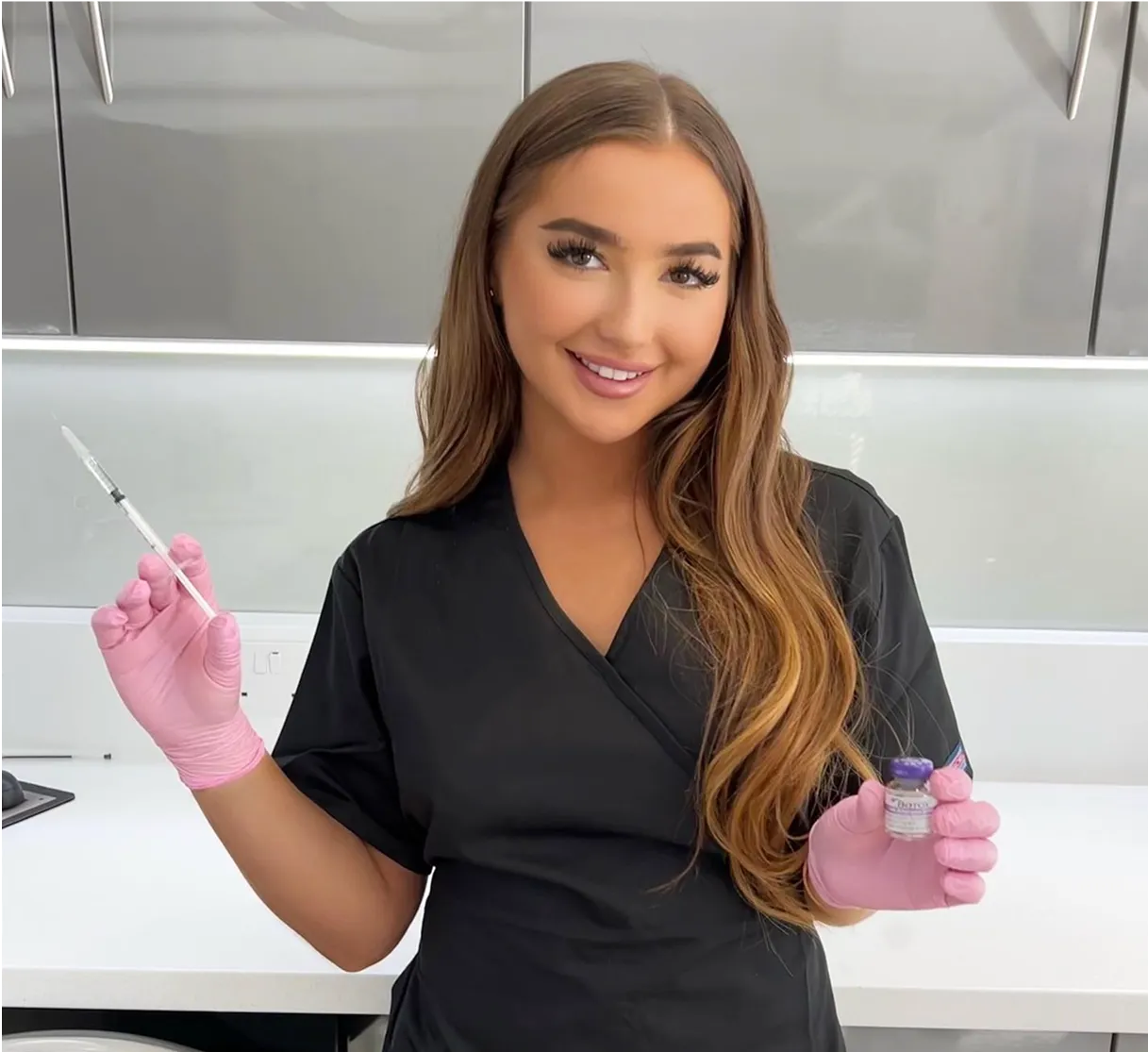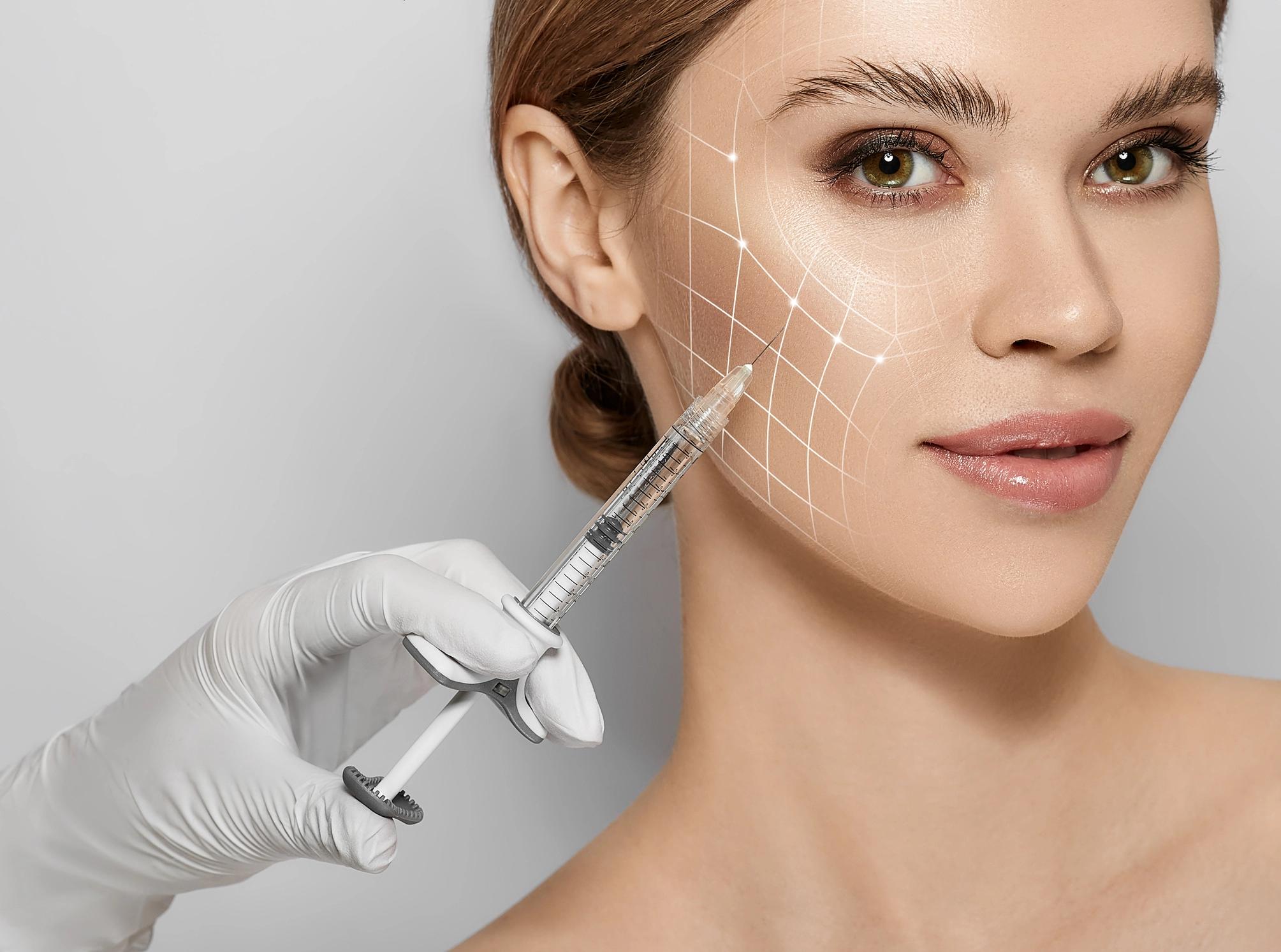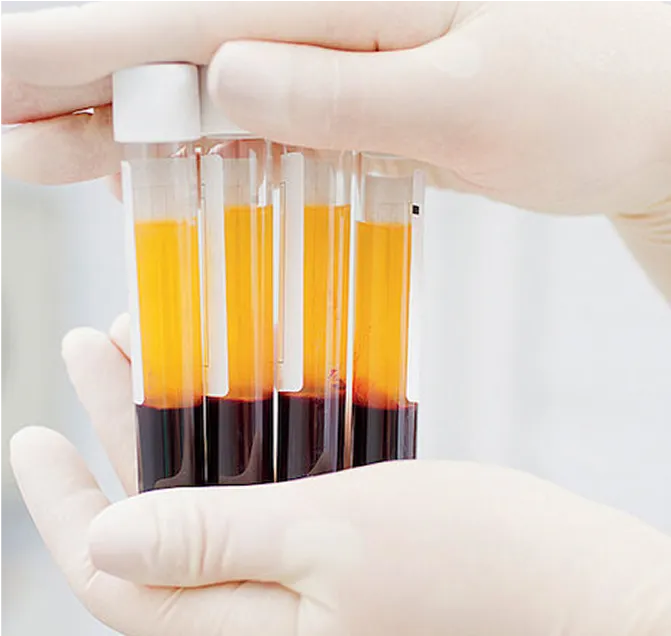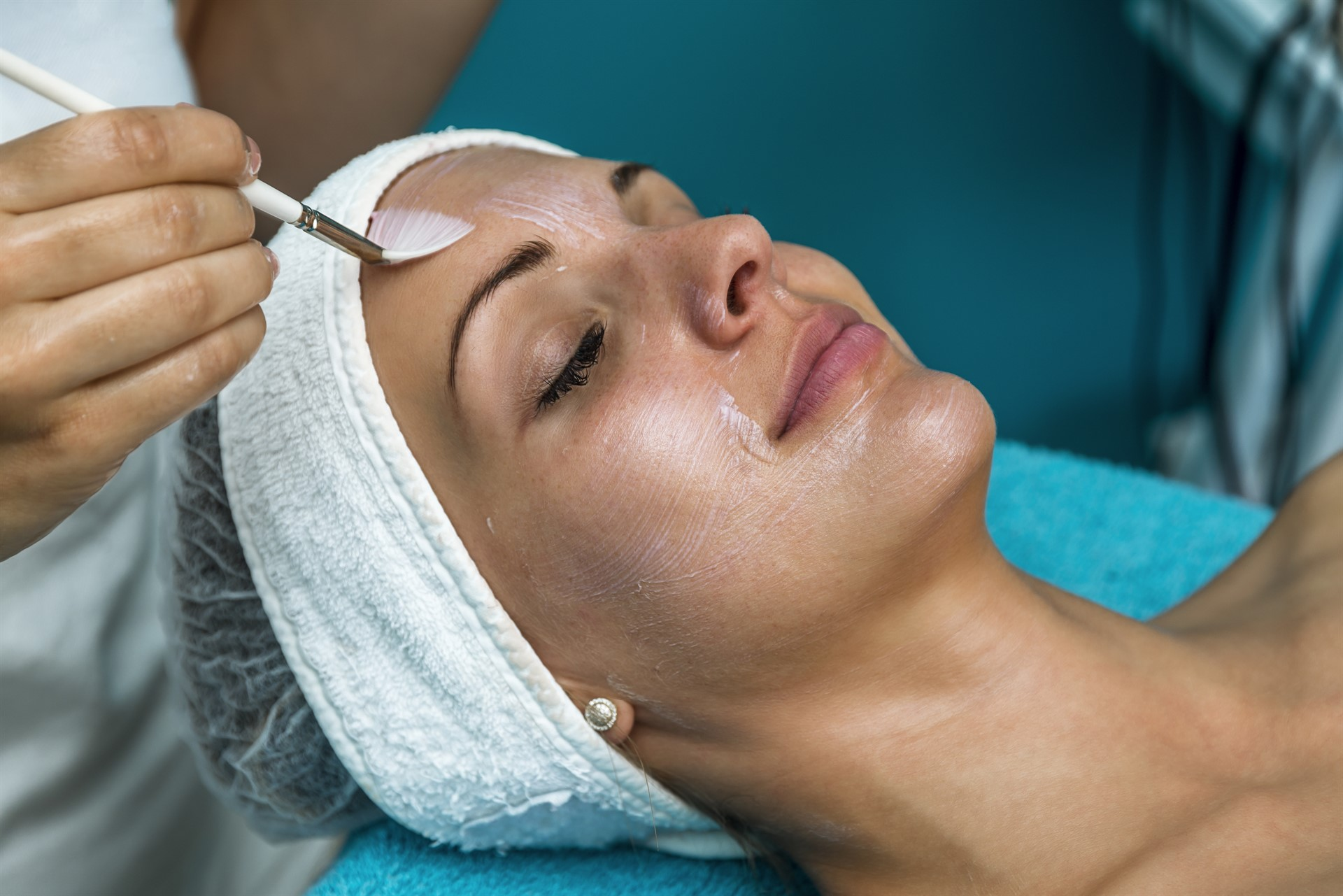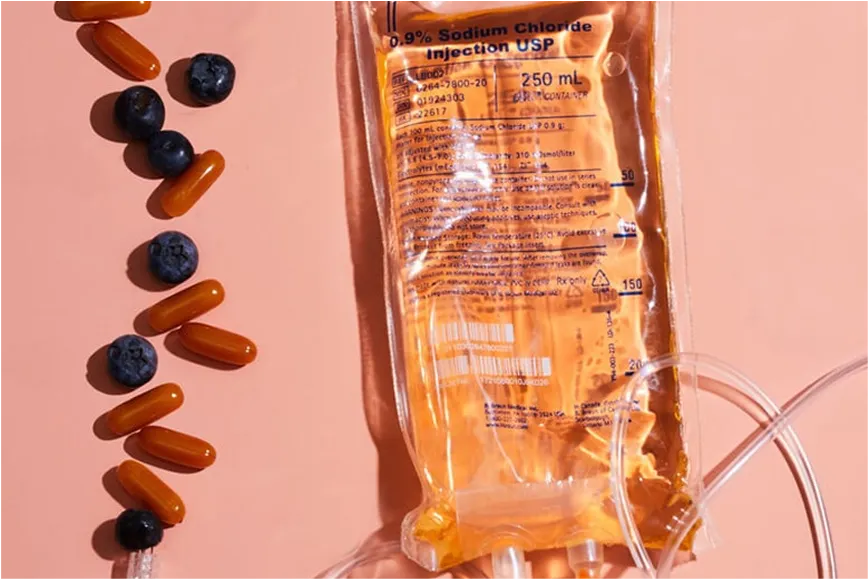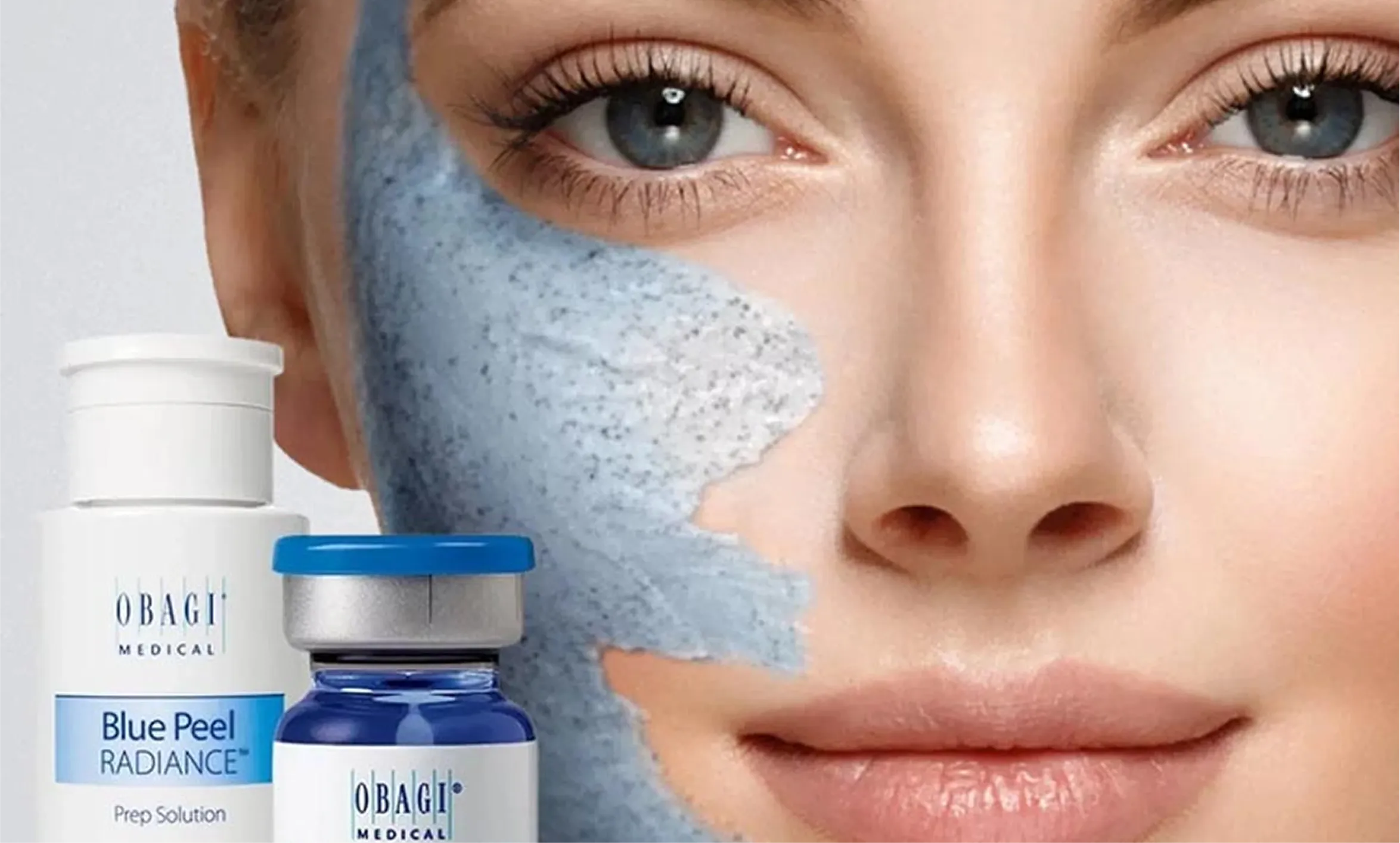Aesthetic medicine continues to evolve, offering innovative treatments that go beyond simply filling lines or tightening skin. One of the most advanced and exciting options available today is polynucleotide therapy, a regenerative treatment that improves skin quality at a cellular level.
If you're looking for a natural approach to skin rejuvenation that delivers long-term benefits, polynucleotides may be the perfect solution.
What Are Polynucleotides?
Polynucleotides are biostimulators—substances that trigger the body’s natural regenerative processes. Derived from purified, natural DNA molecules, they work by stimulating fibroblast activity, increasing collagen production, and improving skin elasticity. Unlike fillers, which add volume instantly, polynucleotides work gradually to repair, hydrate, and strengthen the skin from within.
How They Work:
Stimulate fibroblast activity, promoting collagen and elastin production.
Improve hydration and skin texture by attracting water molecules.
Reduce inflammation, making them an excellent option for sensitive or acne-prone skin.
Promote wound healing and tissue repair, beneficial for scarring and skin damage.
What Are the Benefits of Polynucleotides?
Polynucleotide therapy offers multiple skin-enhancing benefits, making it a sought-after treatment for those looking to achieve natural and long-lasting rejuvenation.
1. Deep Skin Hydration
Polynucleotides work at a cellular level to attract and retain moisture, leading to deeply hydrated, plump skin.
2. Stimulates Collagen for Firmer Skin
By activating fibroblasts, polynucleotides encourage natural collagen and elastin production, resulting in firmer, more youthful skin.
3. Reduces Fine Lines and Wrinkles
Unlike fillers that instantly plump the skin, polynucleotides work gradually, smoothing fine lines and wrinkles by improving skin structure over time.
4. Improves Skin Tone and Texture
This treatment is effective in addressing dullness, uneven texture, and pigmentation, leading to a more radiant complexion.
5. A Natural Alternative to Traditional Fillers
For those looking for subtle, long-term improvements without the immediate volume increase of fillers, polynucleotides offer a great alternative.
6. Ideal for Delicate Areas
Polynucleotide injections are particularly beneficial for under-eye rejuvenation, where traditional fillers may not be suitable due to thin skin.
What Can Polynucleotides Treat?
This regenerative treatment is versatile and can be used for:
Under-eye hollows and dark circles
Fine lines and wrinkles
Dehydrated, dull skin
Acne scars and post-inflammatory pigmentation
Neck and décolletage rejuvenation
Skin laxity and sagging
The Treatment Process: What to Expect
1. Consultation
A full skin assessment is carried out to determine if polynucleotide therapy is the right option based on your skin concerns and goals.
2. Treatment Session
The skin is cleansed, and a numbing cream may be applied for comfort.
Small amounts of polynucleotide solution are injected into targeted areas using a fine needle.
The process takes around 30–45 minutes.
3. Aftercare & Recovery
Mild redness or swelling may occur but typically subsides within 24–48 hours.
Results develop gradually over a few weeks, with full benefits visible after three to four sessions.
A course of treatments is usually recommended for optimal results, followed by maintenance sessions every 6–12 months.
Is Polynucleotide Therapy Right for You?
Polynucleotides are suitable for a wide range of people, including:
Those looking for subtle, natural skin rejuvenation.
Individuals with sensitive or acne-prone skin.
Clients who want to improve skin hydration and firmness without adding volume.
Those seeking an effective anti-ageing and skin repair solution.
Final Thoughts
Polynucleotide therapy is a breakthrough in aesthetic medicine, offering a natural and effective way to regenerate and revitalise the skin. If you’re looking for a gentle but powerful treatment that enhances your skin over time, this could be the perfect option.
Interested in learning more? Book a consultation today to explore whether polynucleotide therapy is right for you.

